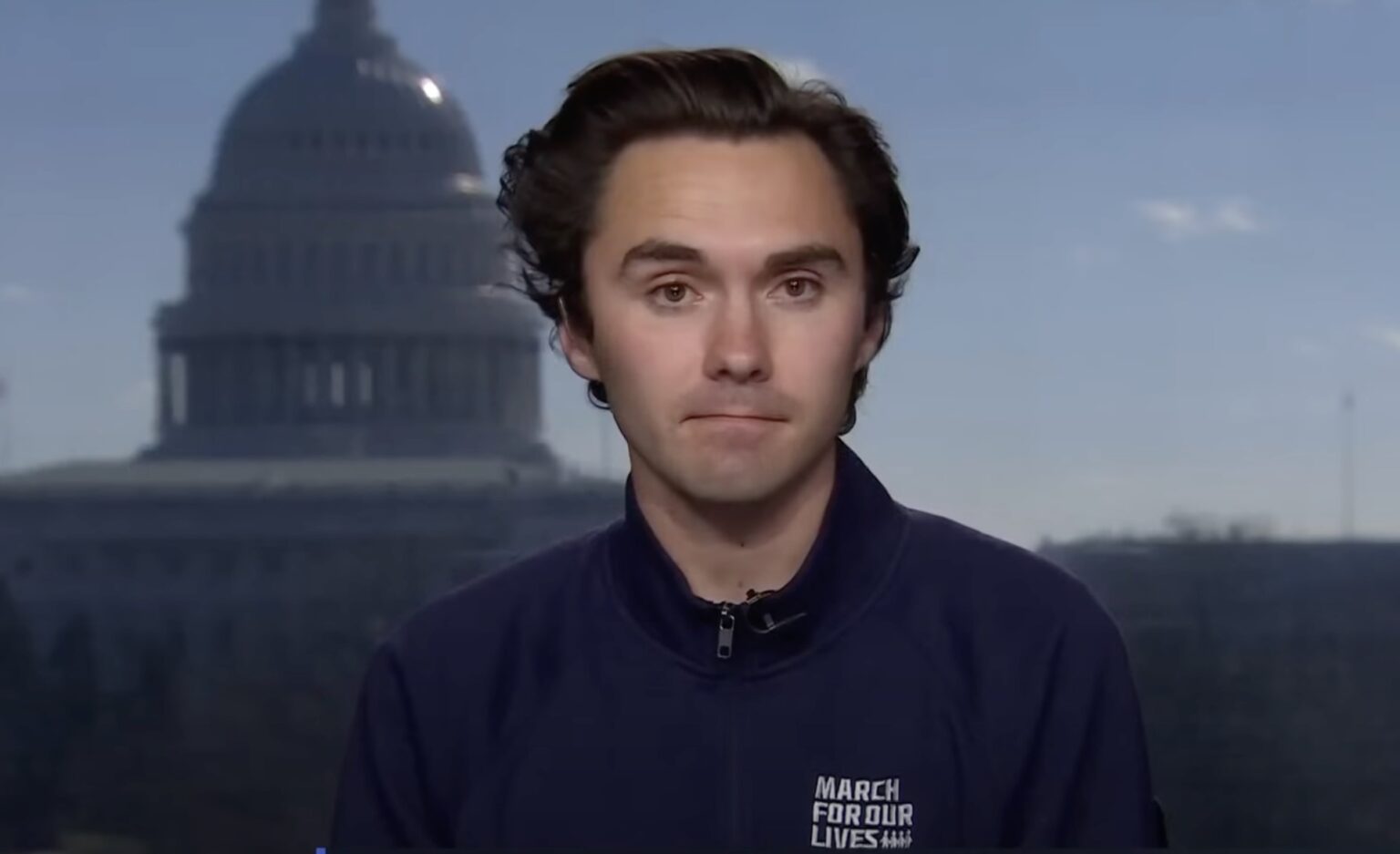David Hogg, a notable figure in the gun control movement, is taking a significant step by announcing his candidacy for the vice chair position of the Democratic National Committee (DNC). Hogg gained widespread attention following the tragic shooting at Marjory Stoneman Douglas High School in Parkland, Florida, in 2018. As a survivor, he transitioned into national activism against gun violence, which sparked discussions about his presence during the shooting—a narrative contested by some critics. His foray into party leadership comes amidst a growing concern within the Democratic Party regarding its diminishing appeal among younger voters, especially given recent electoral trends that saw a notable shift toward the Republican Party in the 2024 elections.
In his announcement, Hogg emphasized the urgent need to re-engage younger voters who have increasingly leaned toward Donald Trump and the Republican Party since the previous presidential election. He highlighted that young voters, who overwhelmingly supported Joe Biden in 2020, showed an unprecedented drift toward Republican candidates in the latest elections. Hogg’s mission, as outlined in his statement, is to revitalize outreach efforts aimed at younger demographics across all states to mend what he perceives as a fractured voter coalition. This approach reflects a critical analysis of the Democratic Party’s strategies and the recognition that reconnecting with youth is essential for future electoral success.
Hogg’s campaign is already actively engaging with the Democratic National Committee by reaching out to its 448 active members. He has commenced a series of communications aimed at soliciting support and highlighting his vision for the party’s approach to younger voters. His determination to seize the vice chair position illustrates his commitment to party involvement and a desire to influence policy and outreach initiatives that align with the interests of younger constituents, especially in light of the shifting political landscape that favors the right among this demographic.
The announcement of Hogg’s candidacy has elicited mixed reactions from the political spectrum, particularly among conservative commentators who view his bid with skepticism or amusement. Social media responses reflect a degree of ridicule and skepticism about his ability to effectively address concerns regarding youth disengagement from the Democratic Party. Critics have pointed out that Hogg’s approach may reinforce existing perceptions of Democratic leadership as disconnected from the realities and preferences of younger voters, thus exacerbating the challenges the party faces moving forward.
Moreover, Hogg’s candidacy raises questions about demographic representation within party leadership roles, particularly regarding the significance of identity politics. Being a white male with a high-profile activism background could complicate his acceptance in a time when the Democratic Party has increasingly focused on diversity and representation. This aspect might fuel debates on the qualifications and priorities of those appointed to significant roles within party infrastructure, as activists and constituents alike ponder whether Hogg’s experiences equip him to tackle the challenges faced in restoring youth engagement.
Ultimately, David Hogg’s attempt to secure a position within the Democratic National Committee signals a broader dialogue about the party’s strategies to court young voters amid changing political allegiances. His experience as an activist and survivor places him at a unique intersection of personal narrative and political aspiration. As he moves forward, the party’s receptiveness to his vision and ability to resonate with the intended audience will be critical to determining the efficacy of his candidacy and establishing a renewed connection with the youth electorate.

